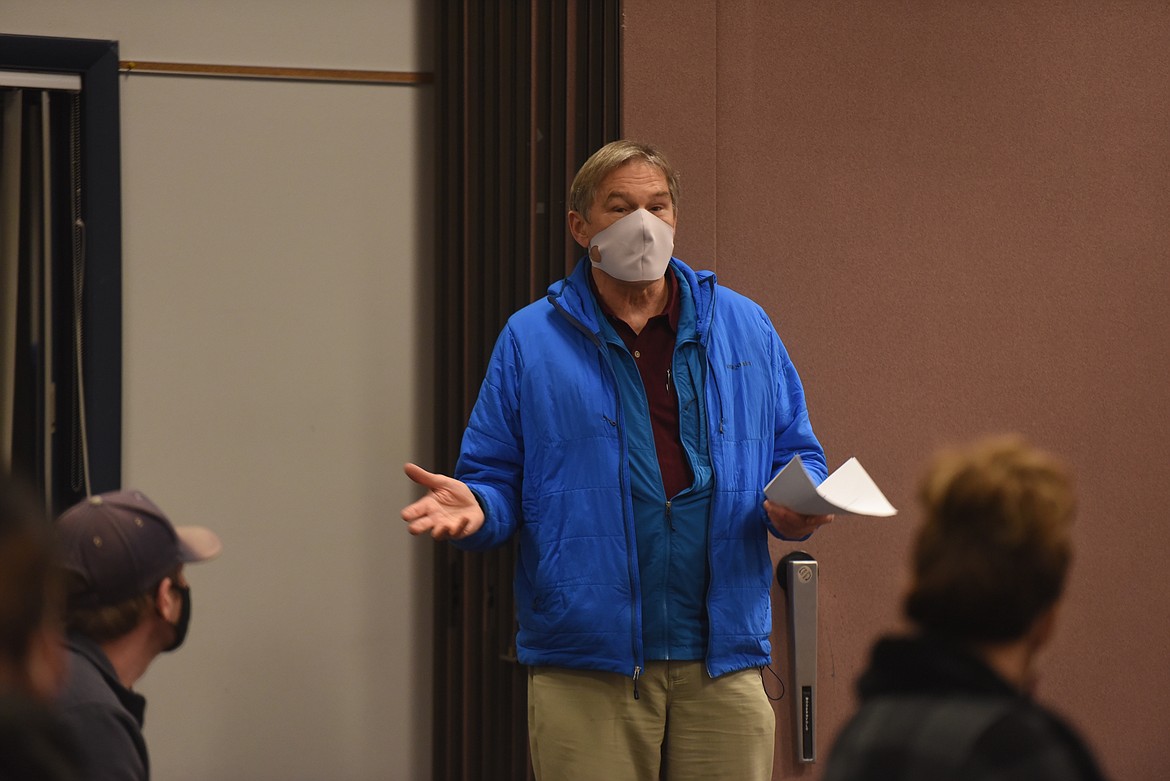Black touts vaccination effort while urging residents to remain cautious
Health Officer Dr. Brad Black expressed optimism about the steadily decreasing COVID-19 case numbers locally, but warned residents to stay vigilant in the face of new variants of the coronavirus. ...
Become a Subscriber!
You have read all of your free articles this month. Select a plan below to start your subscription today.
Already a subscriber? Login



